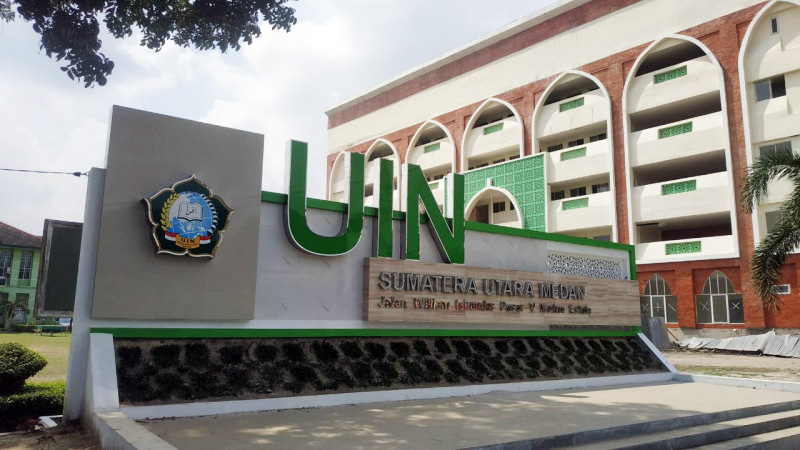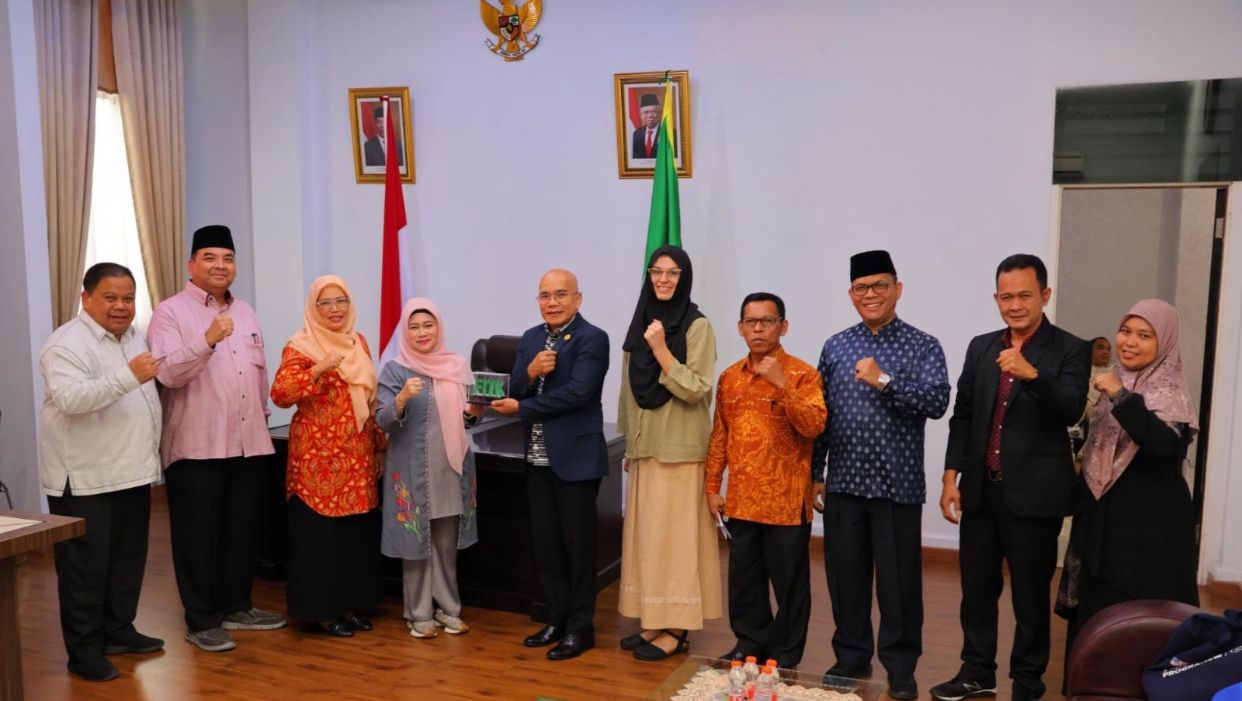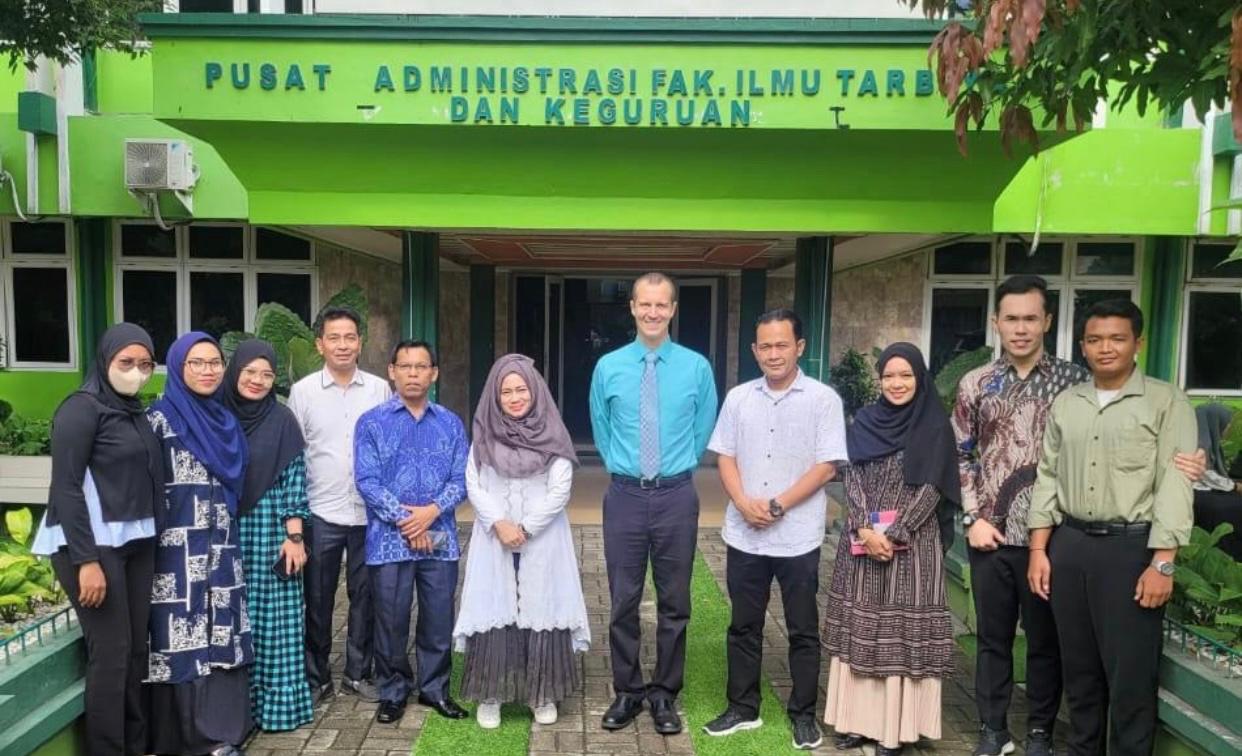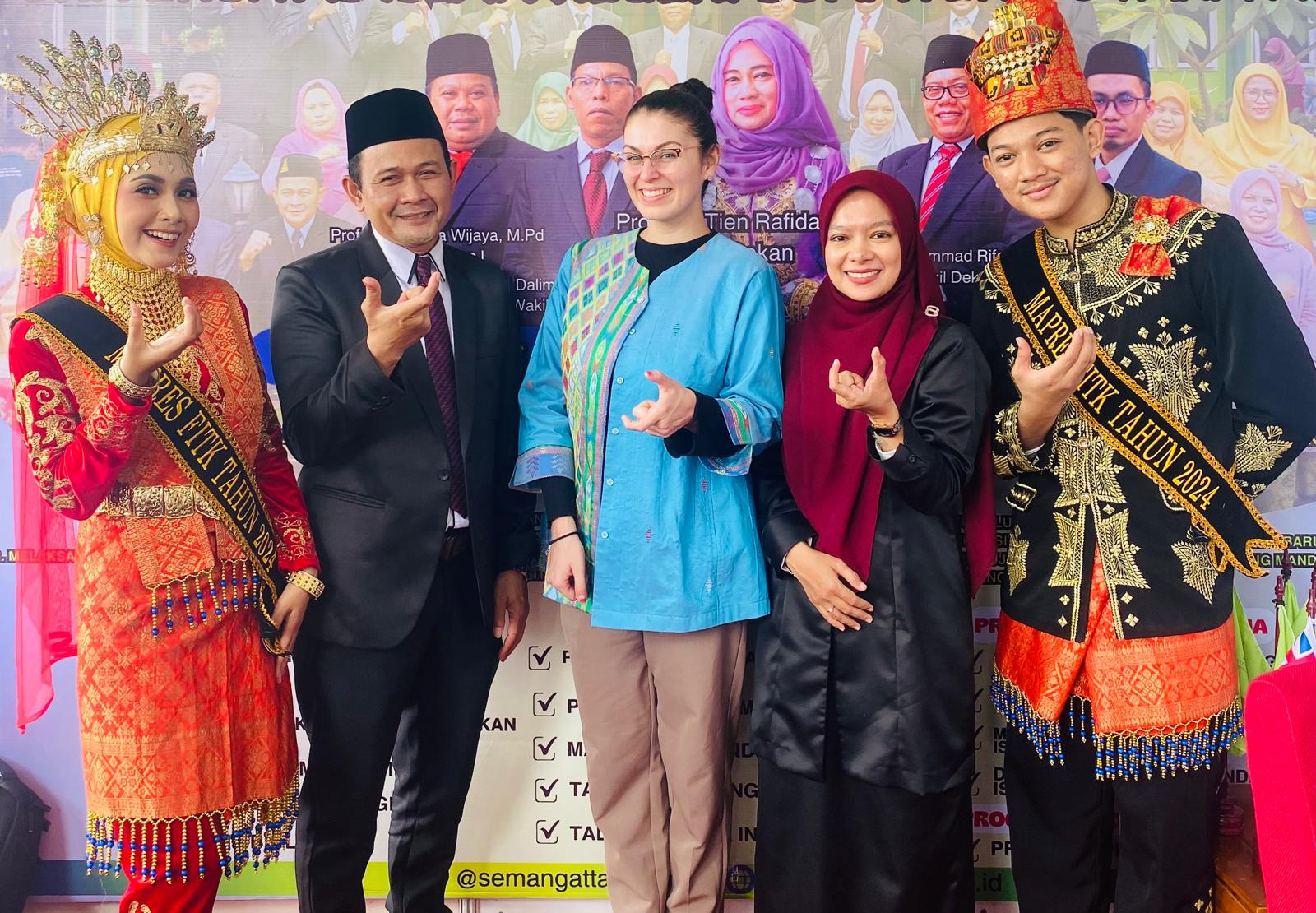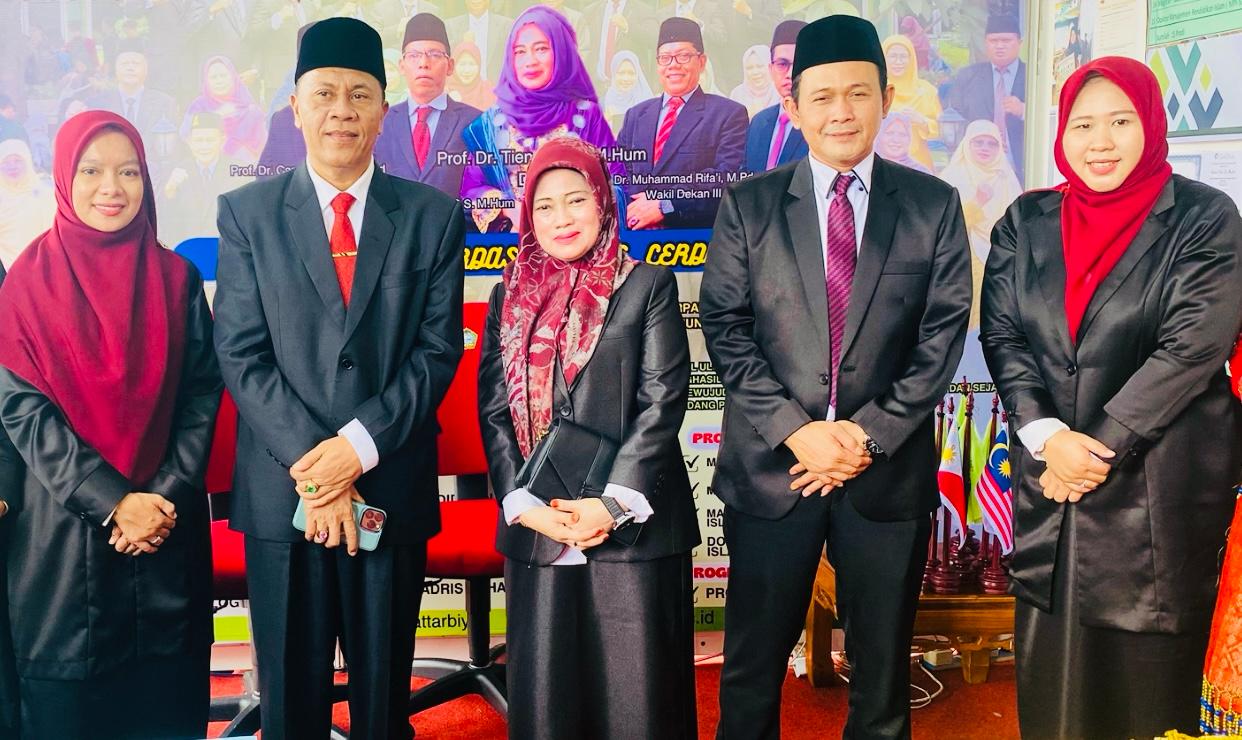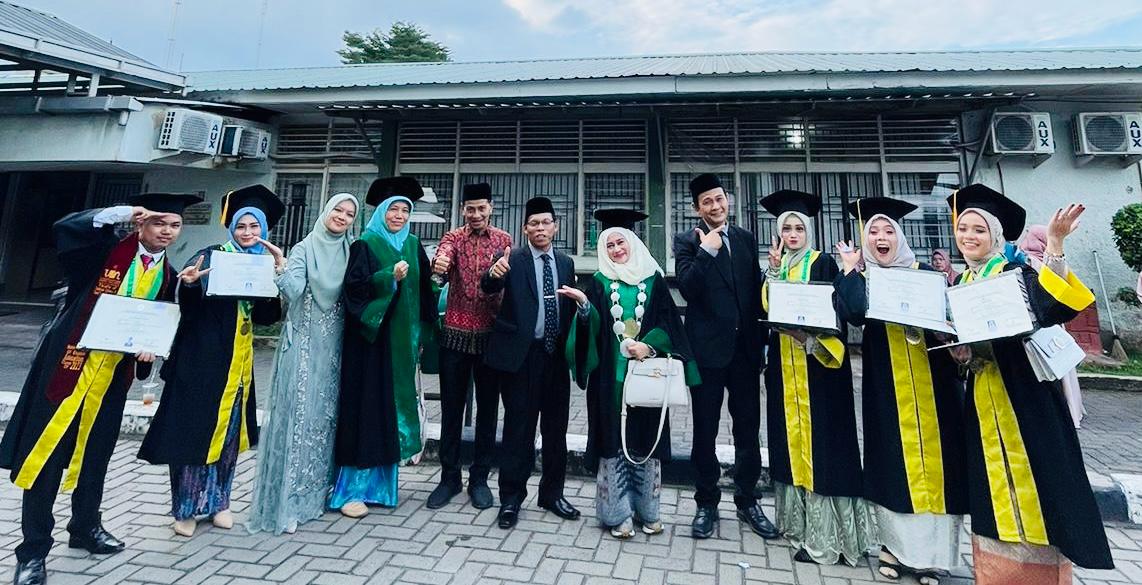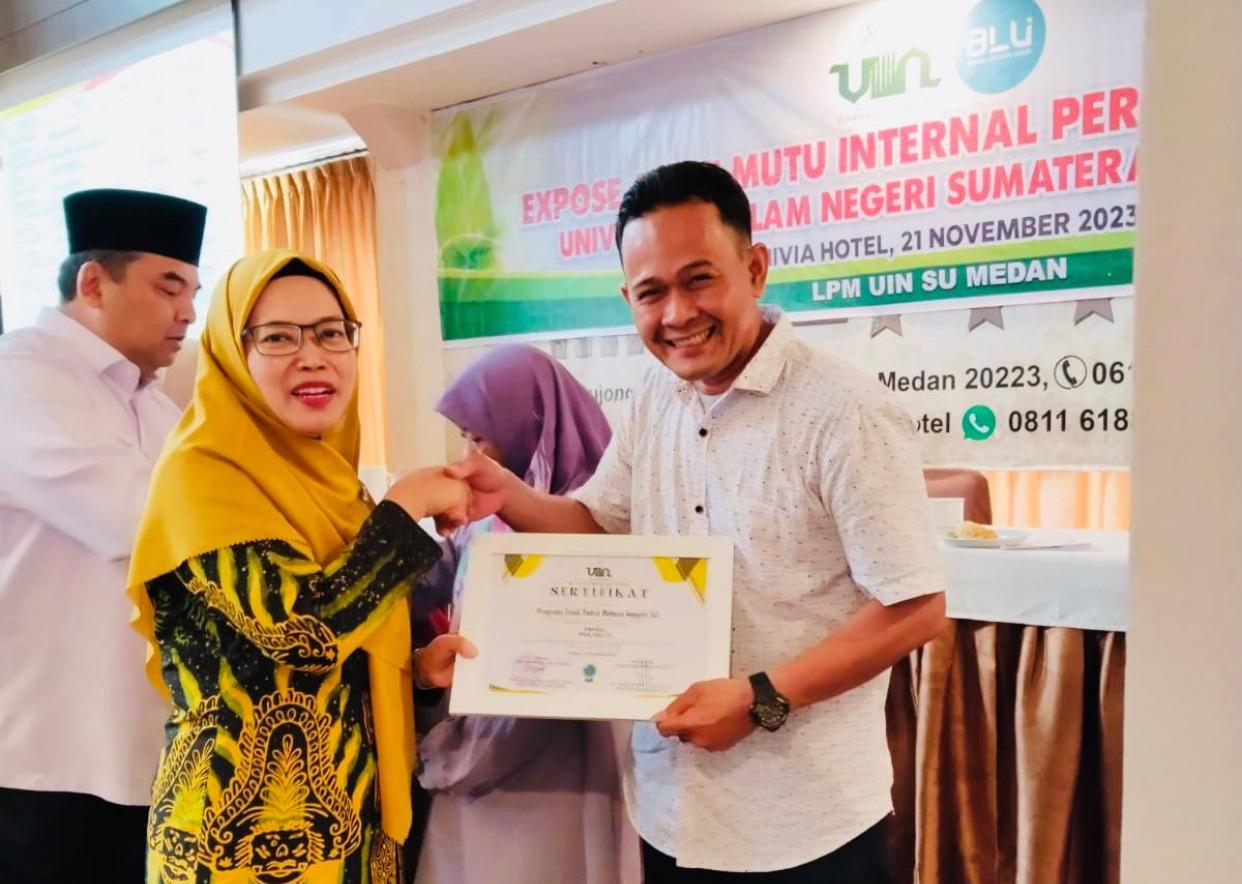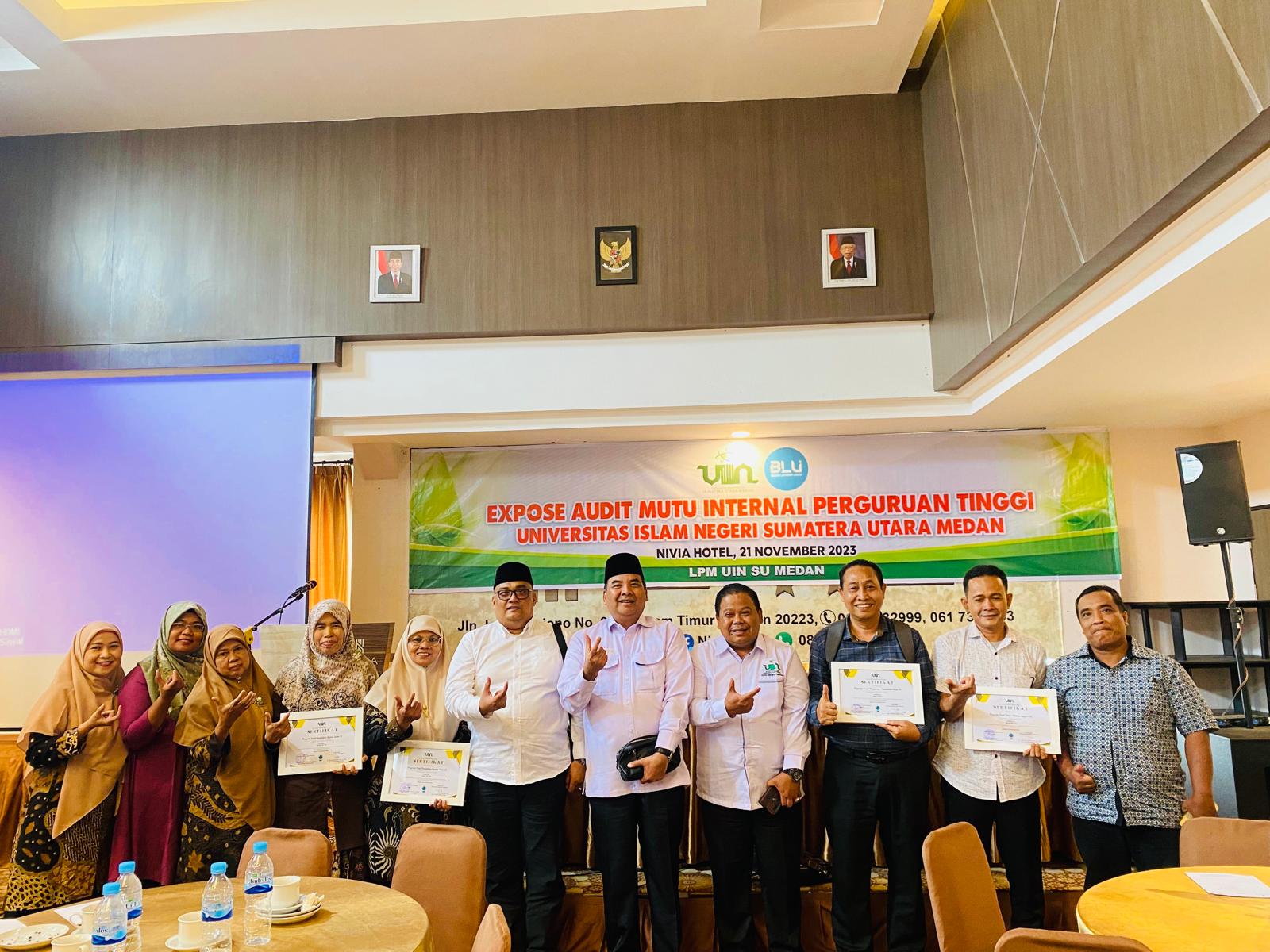Meet the Founders
Team Leader

Rr. Dewi Wahyu Mustikasari, Ph.D.
UIN Salatiga
Dr. Dewi graduated from University of Technology Sydney, Australia. She has been teaching for more than 13 years in higher education sector. Her research interests include technology-enhanced language learning, blended and online learning, learning design, and teacher practice. She is available for joint lecture and research collaboration. Email:dewi_wm@uinsalatiga.ac.id
Team Members

Maslathif Dwi Purnomo, Ph.D.
UIN Sumatera Utara Medan
Dr. Maslathif is a lecturer of Multimodal Discourse Analysis in ELT at the Faculty of Tarbiyah Science and Teachers Training of UIN Sumatera Utara Medan. He has been teaching at UIN Sumatera Utara Medan for more than 15 years. He graduated from Charles Sturt University, Australia. His research interests are linguistics, discourse analysis, critical discourse analysis, political discourse analysis, multimodal discourse analysis, and communication arts. Email: maslathifdwipurnomo@uinsu.ac.id

Anugrah Imani, Ph.D.
UIN Sunan Gunung Djati
Dr. Ima is currently a lecturer at Islamic University of Sunan Gunung Djati Bandung, Indonesia (UIN SGD). She graduated from the School of Education of Western Sydney University, Australia. Ima has been teaching in the Faculty of Education at Islamic University Bandung Indonesia for more than 10 years. Her research interests are in English language teaching (ELT) and English for young learners (EYL). Since 2009 she involved in Tutorial Center Bandung to help young learners learn English. E-mail: anugrah.imani@uinsgd.ac.id
What is MoRA Academic Writing Club?
An Online Writing Community
We have seen our master students that struggled to complete their master’s degree because of the publication policy. Graduate students who undertake their master’s degree in English education must publish an academic writing paper in a national standardised indexing journal to be eligible to register the thesis examination.
We initiated to create an online writing community that offers a structured environment to support master students’ writing productivity for its publication purposes. MoRA stands for Ministry of Religious Affairs. Our organisations are supervised by MoRA; therefore, MoRA is used to name our community. It has several programs to manage master students’ professional self-care and wellbeing during writing productivity.
Community Support-based Shut Up and Write (SUAW) framework
SUAW framework, a tool, is used to develop the MORA Academic Writing Club programmes, which facilitate academic development and understand authors’ wellbeing during their professional self-care. Drawing from the SUAW framework (Lemon et al., 2025), we manage the community support to cultivate the master students’ professional self-care and wellbeing by empowering individuals and nurturing belonging and creativity on their writing journeys.

The practical strategies are arranged based on the cores of SUAW. Writing is an iterative process which benefits the collective support from the community to minimise the pressure to publish an article and to stay focused on maintaining the writing productivity in a structured environment. Master students are encouraged to connect with students and academics from different universities to broaden their mindset and network to boost resilience and wellbeing.
The grand design of the community support of the online writing community that we created, adopted from the SUAW cores. We tried to provide a manageable and doable programme for our students who majorly work as teachers. The cores of SUAW view connections, belongings, and accomplishments (Lemon et al., 2025). The community support of the MORA Academic Writing Club is aligned with these cores.
Four strategical programmes
Lead and Co-author formation
We arranged the lead and co-author formation that is a mixed team of different individual from the three universities. Master students who have a manuscript draft, named the lead authors, were encouraged to continue refining the manuscript draft with the potential co-authors.
Regular session
We facilitated a regular fortnight session for their communication using a video-conferencing tool. WhatsApp, a social media application, is used to mediate communication among the members. The leads and co-authors were stimulated to work on the refinement of the manuscript draft outside the regular meeting by using text-messaging, telephoning, or video conferencing. They should manage equal job distribution for their team and set up a timeline to finalise the draft manuscript so that they can send it to a journal.
Guest Lecture
We held guest lecture on certain themes related to academic writing for master students to become professionals in academic writing. We expected that our students may grow their intrinsic motivation to finish writing the manuscripts. Guest lecture activities are designed to provide practical knowledge and professional insights. The purpose of guest lectures is to allow students to learn from the experiences and expertise of professionals, such as educators, researchers, and other scholars.
Sharing session
We planned sharing sessions for our students to showcase their published manuscripts. They share their published manuscript in the WhatsApp group. They inform their accomplishments in a text-messaging.
Reference
Lemon, N., Bolzle, A., Cruz, M.A., & Saunders, R. (2025). Shut Up and Write: Fostering Wellbeing through Collective Writing Practices. Routledge.
Breaking Through Publication Barriers: Practical Insights from MoRa Academic Writing Club’s First Session


On August 10th, 2024, the MoRa Academic Writing Club held its lead off online meeting from 10:00 AM to 12:00 PM via Zoom. This event was initiated and organized by the Master of English Language Study Program, UIN Salatiga and Himpunan Mahasiswa Pascasarjana TBI (Tadris Bahasa Inggris) UIN Salatiga, along with collaborating institutions such as, UIN Sumatra Utara Medan and UIN Sunan Gunung Jati Bandung. The main goal of this meeting was to assist master students in overcoming academic writing challenges and to facilitate collaboration among authors and co-authors.
The event began with opening remarks by Mrs. Rr. Dewi Wahyu Mustikasari, Ph.D., the Team Leader of the MoRa Academic Writing Club, who provided an overview of the club’s objectives and the day’s agenda. The core of the meeting featured a presentation by Mr. Faizal Risdianto, S.S., M.Hum., Managing Editor of the REGISTER Journal. His presentation focused on critical considerations before submitting an academic article. Mr. Faizal emphasized the importance of aligning an article with the journal’s focus and scope, adhering to author guidelines and templates, and ensuring the article’s novelty, addressing research gaps, theoretical contributions, and flow of publications. He highlighted the need for high-quality articles with deep insights and detailed descriptions of phenomena as well as with well-researched references from reputable sources within the last 5-10 years. Additionally, Mr. Faizal introduced tools such as Connected Papers and Elicit.com for finding relevant studies and cautioned about the use of AI in writing, noting that significant AI-generated content might lead to article rejection by journals.
Following the presentation, a Q&A session addressed four questions. The first question, posed by a lecturer from UIN Sumatra Utara Medan, inquired about the typical review time for articles at the REGISTER Journal. Mr. Faizal responded that it usually takes 2-4 weeks, with minor mistakes potentially being processed and major issues leading to rejection. The second question, asked by Mrs. Dewi, queried whether this review period was standard for SINTA 2 indexed journals. Mr. Faizal confirmed that it is standard, though the acceptance rate is highly competitive at 10-15%. The third question sought information about the number of issues published annually by the REGISTER Journal, which is two issues, published in June and December. The final question addressed the ethical way to withdraw a paper after 2-3 months of no updates from the journal. Mr. Faizal recommended checking the journal’s review duration policy before submission and sending a formal withdrawal request if necessary.
After the discussion session completed, the meeting continued with team plotting, where participants from the three collaborating universities were organized into groups with lead authors and co-authors. Initial discussions focused on reviewing and editing their papers. The meeting concluded with closing remarks, including feedback from participants such as Mr. Maslathif Dwi Purnomo, M.Hum., Ph.D., from UIN Sumatra Utara Medan, who praised the club’s support for enhancing writing productivity and achieving publication in SINTA accredited journals. Plans for the next interactive and insightful session were made, scheduled for August 13th, 2024, to ensure ongoing support and progress in academic writing for all members.
Repoted by: Siti Zulfah

